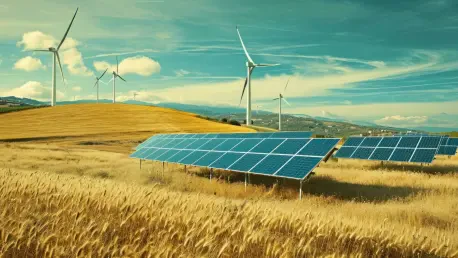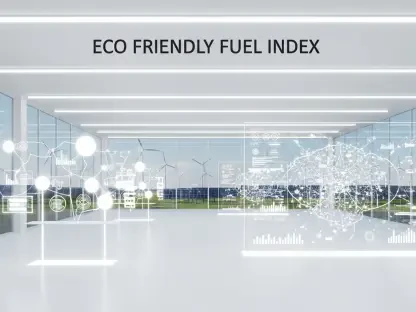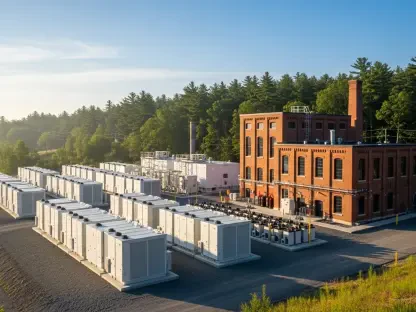The proposed legislative actions in Texas could significantly impact the renewable energy sector, particularly wind and solar power projects. Aurora Energy Research’s report analyzes the economic and operational implications of these restrictions, predicting a potential 14% increase in power prices by 2035 if wind and solar projects face limitations. This situation could lead to a substantial rise in costs for industrial consumers, with a 100-MW customer experiencing a $6.3 million annual increase, while households might see power bills rise by $225 annually.
Constraints on renewable energy development could also affect Texas’s power reliability, particularly during extreme weather events. The report outlines possible capacity shortfalls that could introduce load sheds reaching up to 3.1 GW, incurring direct economic impacts of $450 million. The analysis argues that renewables could enhance system reliability, countering critiques suggesting they cause instability.
The backdrop of this analysis is the legislative activity in the Texas legislature, where bills favor natural gas and “dispatchable” resources over renewables. Recent initiatives have introduced new fees and mandates for wind and solar projects, reflecting political reluctance towards renewables.
Thus, Aurora’s report advises caution against restricting renewable energy development, highlighting economic risks, reliability issues, and challenges in expanding thermal capacity amidst manufacturing constraints. Maintaining renewables as an integral part of Texas’s energy strategy is vital for economic and operational stability.









